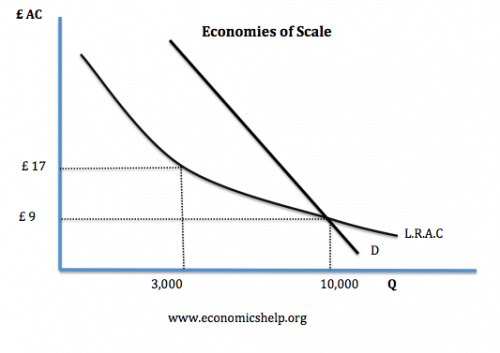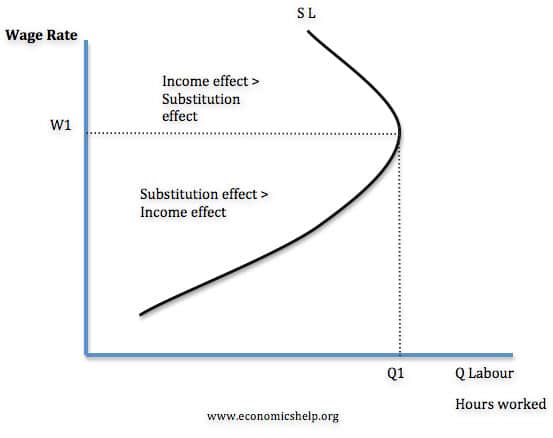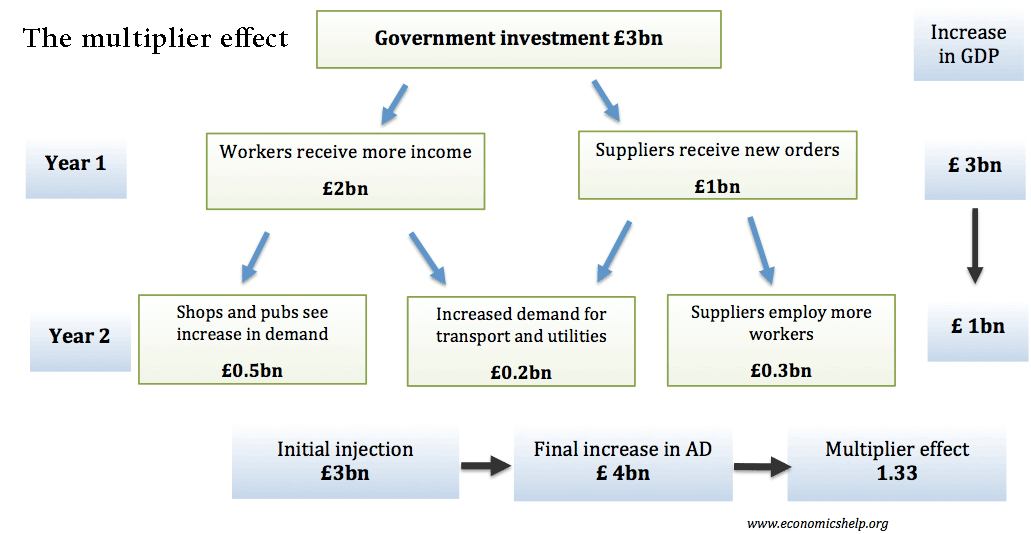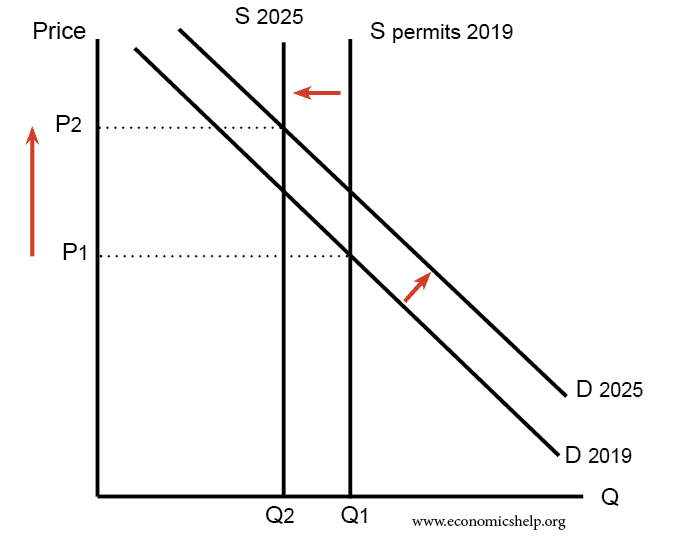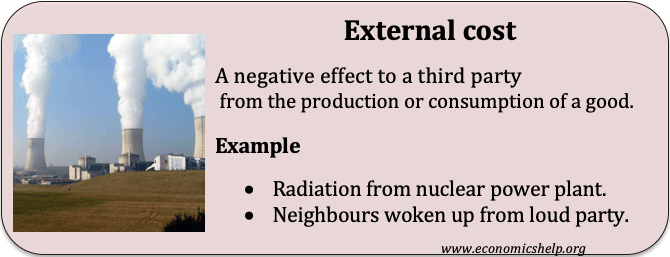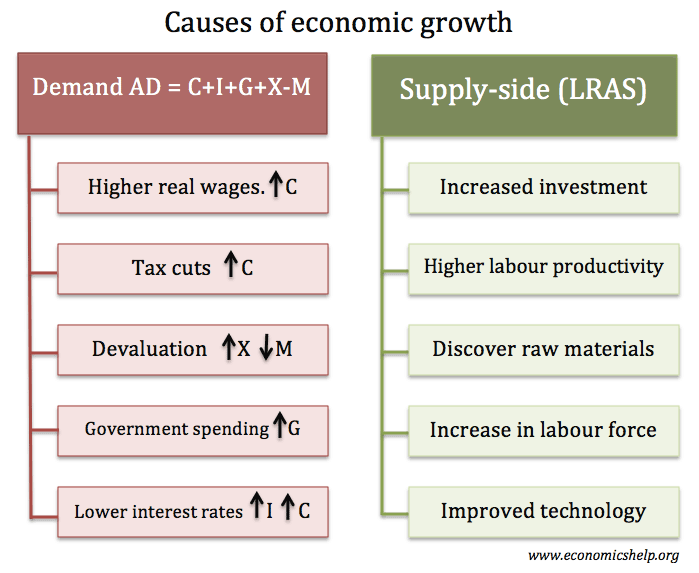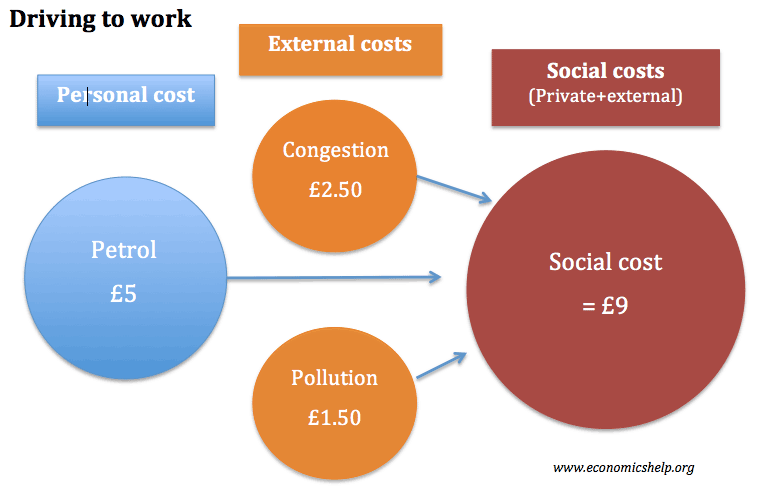Natural Monopoly
Definition: A natural monopoly occurs when the most efficient number of firms in the industry is one. A natural monopoly will typically have very high fixed costs meaning that it is impractical to have more than one firm producing the good. An example of a natural monopoly is tap water. It makes sense to have …

